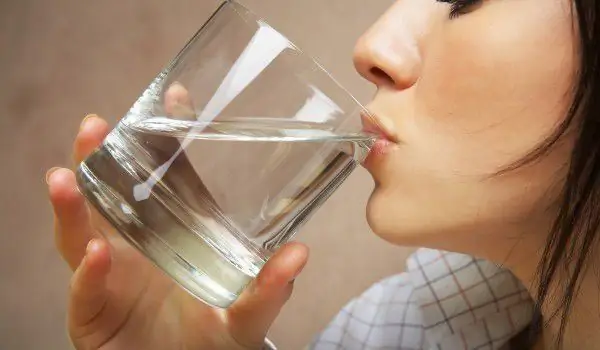2025 Author: Jasmine Walkman | [email protected]. Last modified: 2025-01-23 10:18
Detox programs are becoming increasingly popular. Many of them come and go as new diets. Here are some pros and cons of detoxification procedures.
In general, foods that cleanse the body are often touted as extremely healthy.
Even if we eat too much or do not exercise, is it necessary to subject the body to such stress as detoxification? There is currently no conclusive scientific evidence to support the use of intensive treatment programs.
Detoxification is actually a variety of ways you can get rid of waste and toxic substances in your body. In medical terminology, this word is used to explain the process that the body goes through to purify the blood of traces of drugs and alcohol.
Fasting is not dangerous for a perfectly healthy person who drinks enough water. During the cleansing period, you will probably feel great and the feeling of stomach emptiness may be beneficial.
On the other hand, prolonged fasting lasting about 48-72 hours or whole programs based only on water, lemon juice, vinegar or certain vegetables can be dangerous.
If you have high blood pressure, heart problems, hypoglycaemia, diabetes, insulin resistance, vitamin and mineral deficiencies, kidney stones, or you are pregnant or elderly, detoxification, if necessary, should be done after mandatory consultation with doctor.
Early signs of a lack of essential nutrients are dizziness, frequent mood swings, irritability, drowsiness and headaches. Prolonged fasting leads to a decrease in metabolism levels, so that the benefits of fasting actually turn into disadvantages.
Five easy steps for detoxification

Here are some tips on how to cleanse your body safely. Use these guidelines in the long run and try to turn them into regular eating habits.
1. Eliminate or minimize the consumption of alcohol, caffeine, fried and processed foods, soft drinks and treats. You don't have to part with everything at once. Reduce harmful foods and beverages at a pace that will not stress you out.
2. Increase water intake. Make sure you drink at least two liters a day.
3. Include fiber in your daily menu.
4. Reduce the amount of food you eat. Do not overcrowd your body. Stop eating at the first sign of satiety or at least wait 15 minutes before pouring again.
5. Emphasize vegetables and fruits. Include in your diet whole grains, legumes, protein (fish and meat), low-fat dairy products, vegetable oils such as olive oil or canola oil.
The biggest challenge is likely to be avoiding semi-finished and processed foods. Try to buy and cook with fresh products. Make your own cereals, casserole, soups.
Recommended:
Pros And Cons Of Candied Honey

Very often sellers and even honey producers complain that customers flatly refuse to buy honey that is already candied. It is generally believed that candied honey is harmful. But what is the truth? It is a little known fact that when honey is sugared, it shows that it is really high quality and is a completely useful natural product.
Pros And Cons Of Milk Consumption

The thesis that milk and dairy products are one of the most useful foods is constantly being confirmed. This is the opinion of experts from the World Health Organization, and is constantly supported by articles on this topic. On the other hand, there is a growing number of debates that call into question milk consumption .
Pros And Cons Of Meat Consumption

The lack of organic amino acids that we get from meat cannot be compensated by anything. And not only our health but also our beauty depends on it. Many Hollywood stars have given up meat, but they still look stunning, but it should not be forgotten that they are taken care of by whole teams of nutritionists and doctors.
Pros And Cons Of Sugar-free Chewing Gum

Parents and dentists have long known that excessive sugar consumption spoils teeth. Caries occurs when bacteria turn sugar into corrosive enamel acid. Recently, however, the question of the benefits of sugar-free chewing gum has become increasingly controversial.
The Pros And Cons Of Fatty Foods

Fat is a necessary component of the body. First of all, because they are the most complete source of energy. If the burning of one gram of protein or one gram of carbohydrates produces about 4 kilocalories, then the burning of one gram of fat produces 9 kilocalories, ie.

